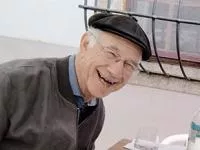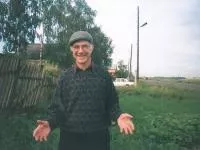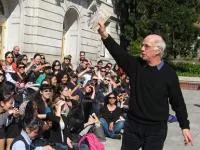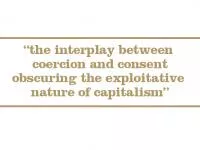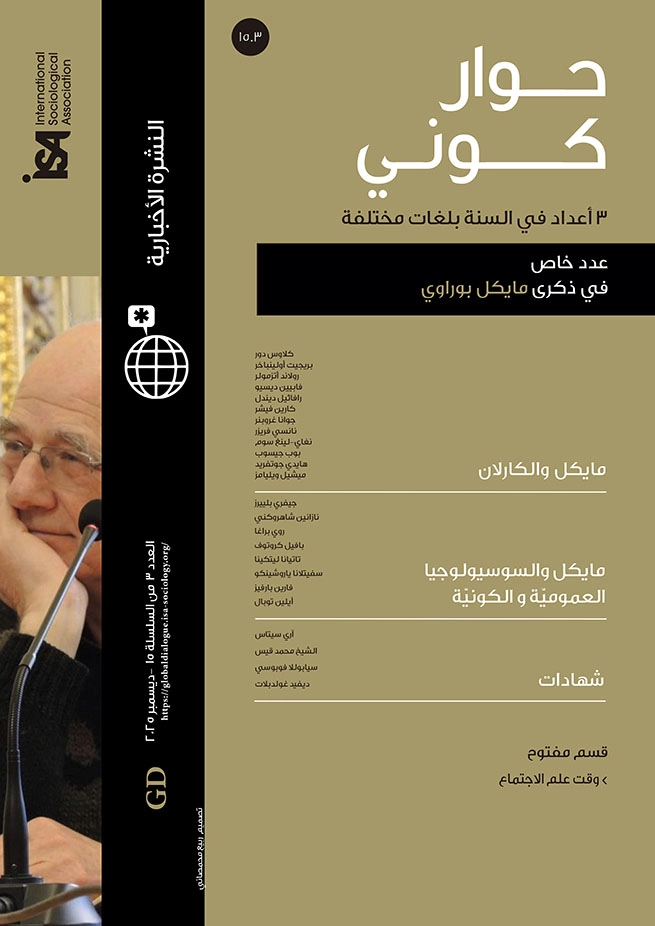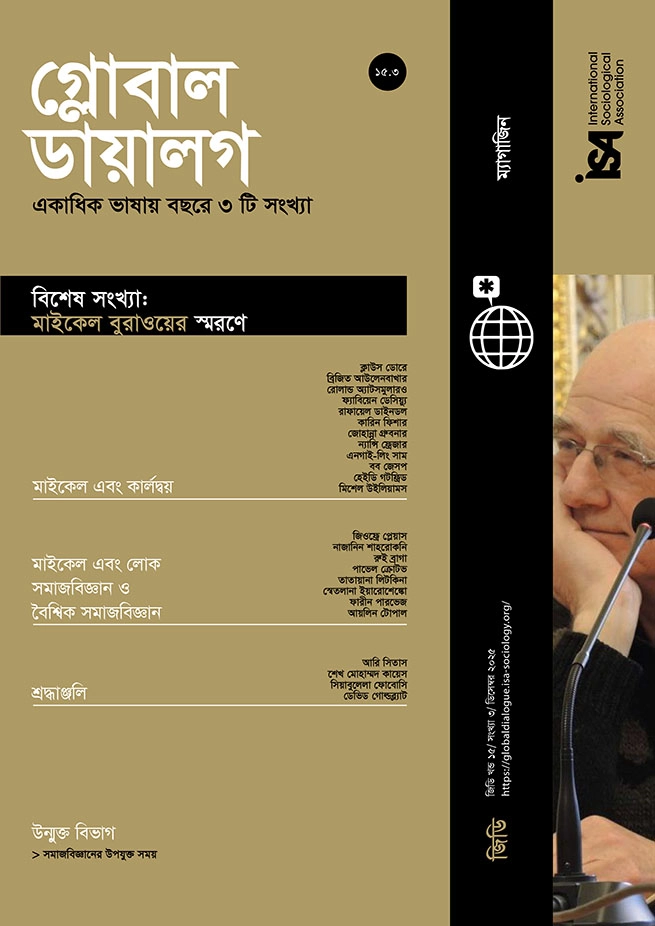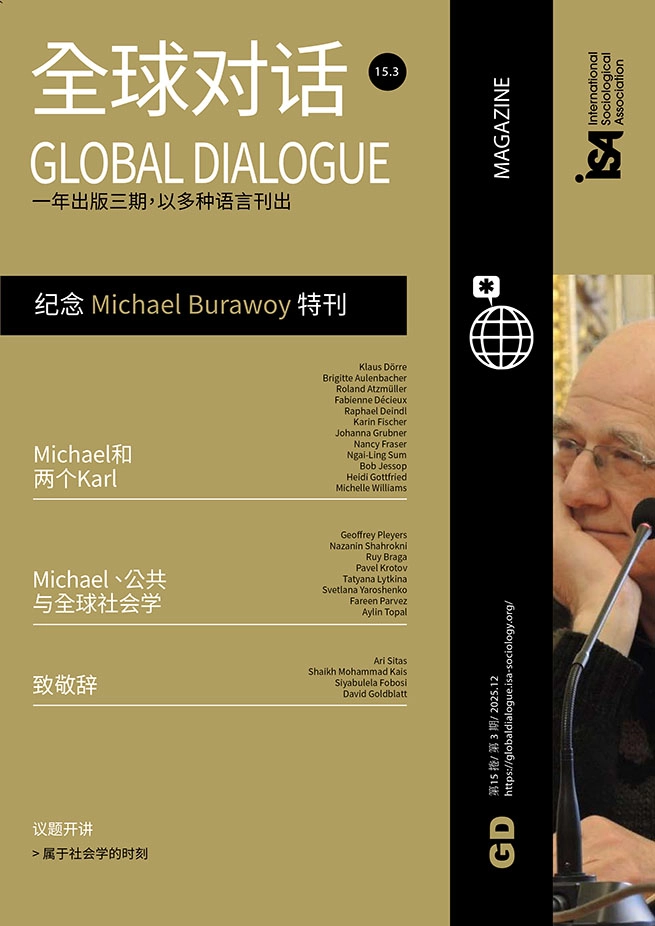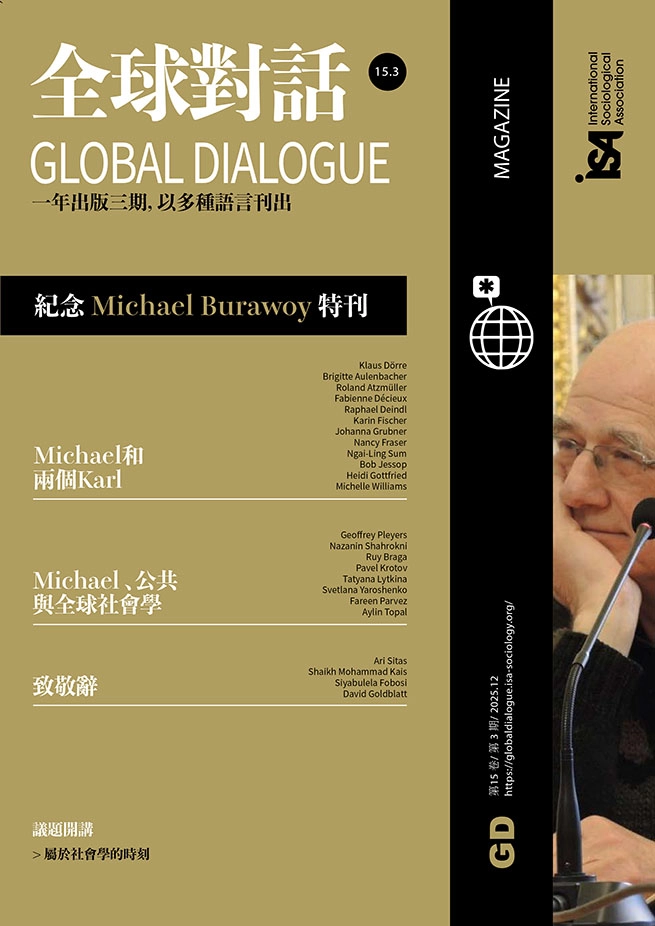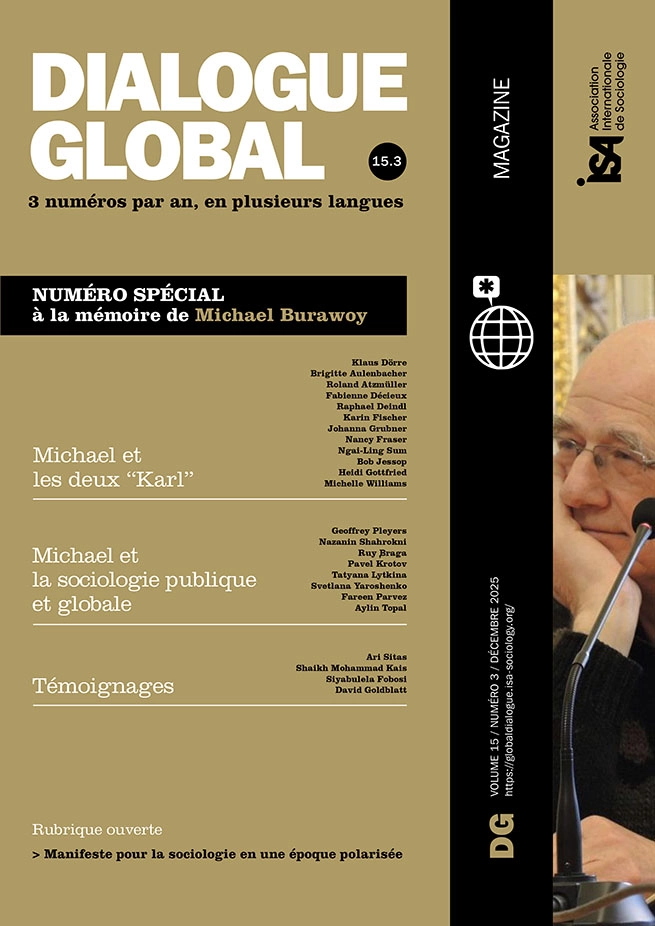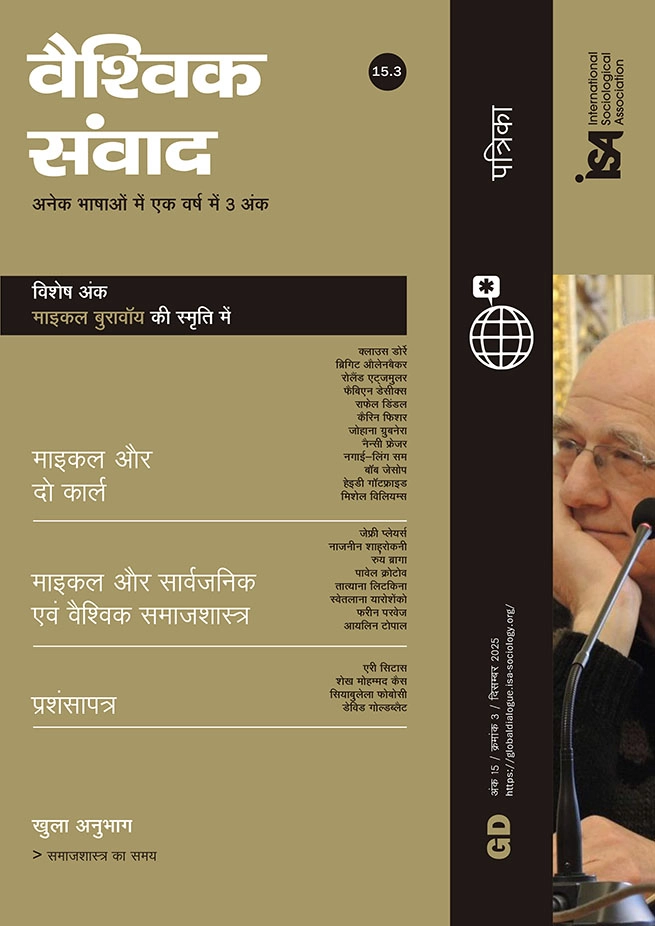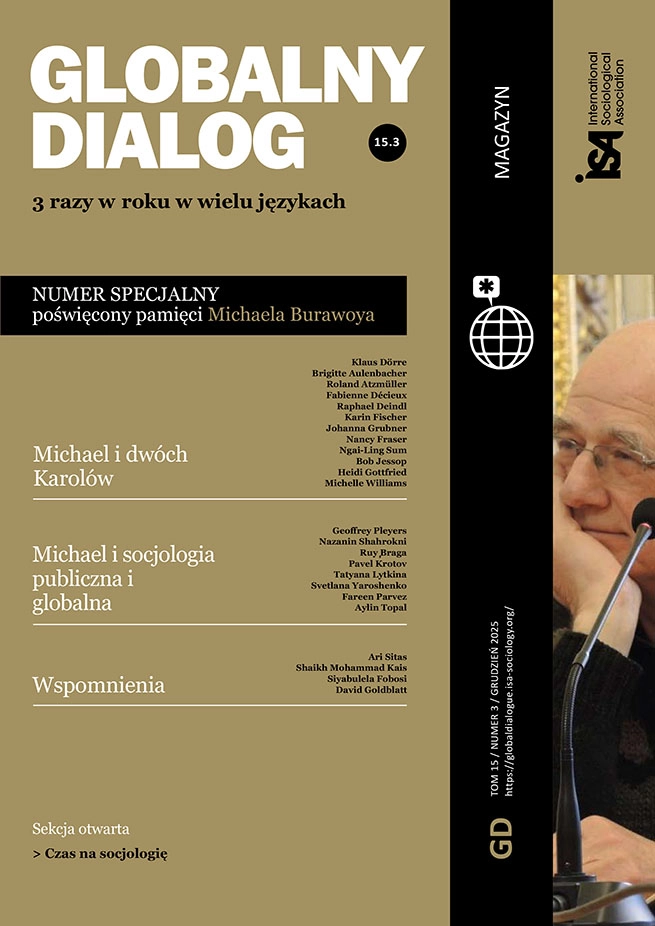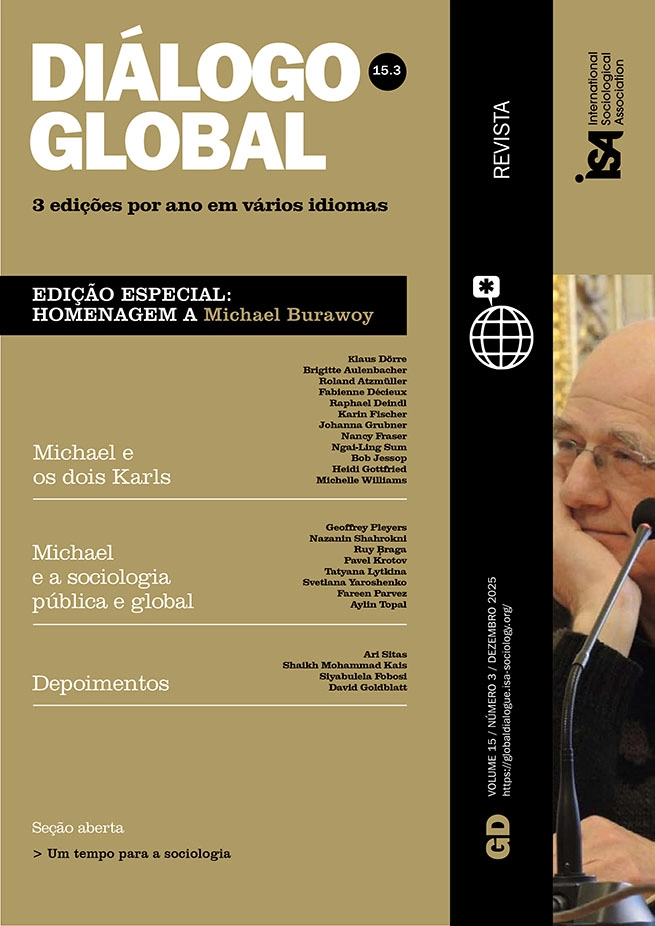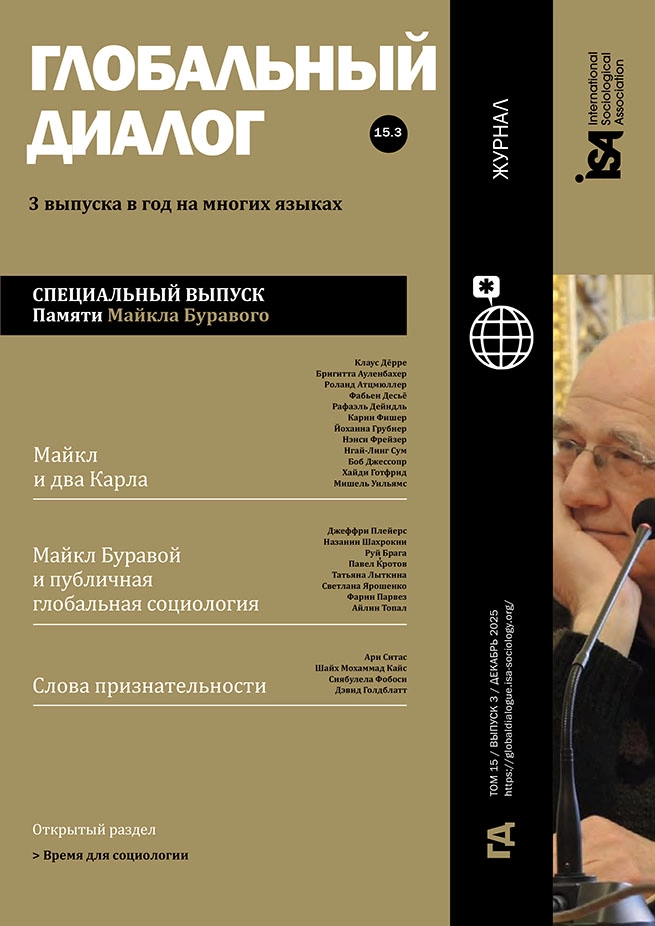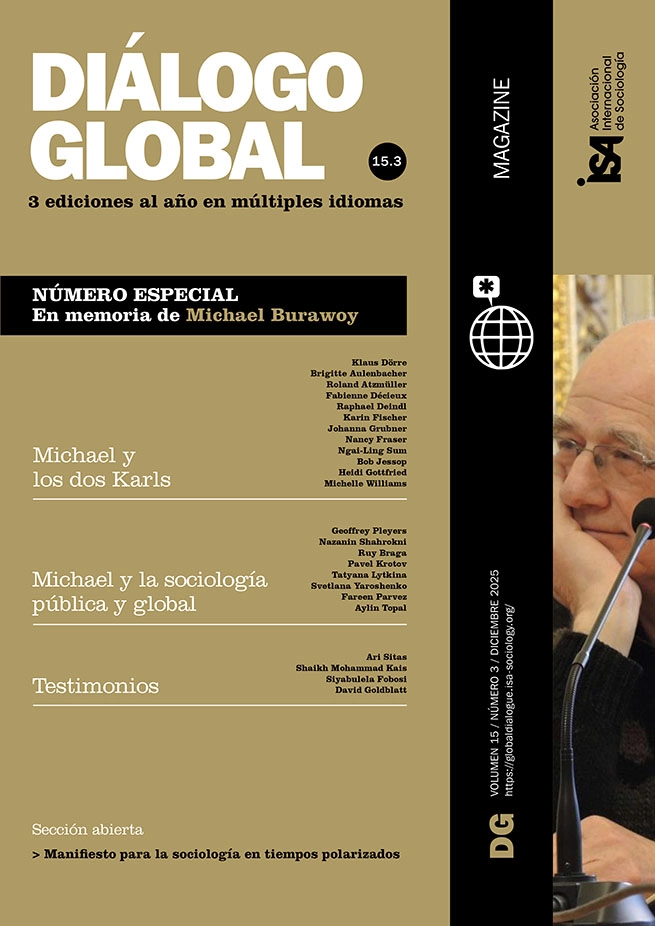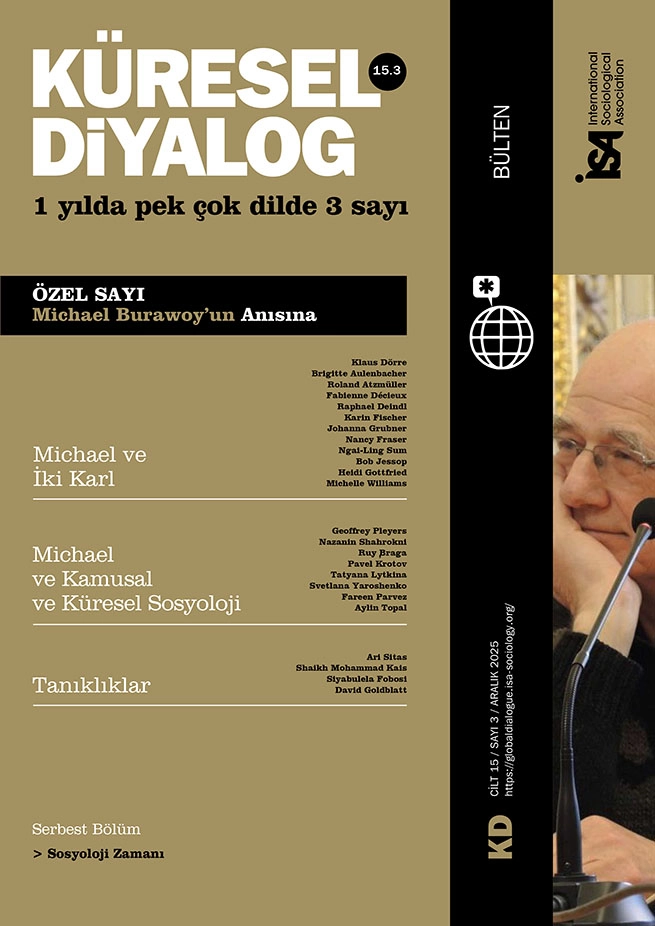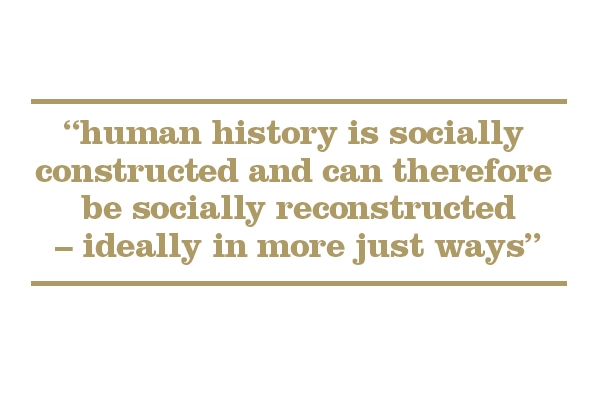On the night of February 3, 2025, Michael Burawoy was fatally struck by a vehicle near his home in Oakland, California. The driver fled but was later arrested. Michael’s death marked the loss of the most important contemporary Marxist sociologist, whose career had repositioned Marxism within the university after the collapse of bureaucratic state socialism, while maintaining an organic link between theory and struggles for human emancipation.
Michael retired in 2023 from the Department of Sociology at the University of California, Berkeley, after 47 years of dedicated service to students, colleagues, and advisees. Since the 1970s, with the publication of his classic Manufacturing Consent: Changes in the Labor Process under Monopoly Capitalism – a work that revolutionized labor studies – he stood as a pillar of critical Marxism, rooted in empirical rigor and open dialogue.
Throughout his life, Michael was a legendary teacher, capable of captivating packed lecture halls with charisma and humor, while also giving personal attention to individual students. In class, he used to memorize several names in each session, quietly noting them down on the board; by the end of the semester, he could recall nearly every student. As an advisor, countless accounts attest to his care, engagement, and fraternal support of students’ research. Over four decades, he supervised 84 dissertations, often integrating his advisees’ projects into ambitious global comparisons that produced influential collective works. His graduate seminars were as sought-after as his undergraduate courses. Michael’s dedication reflected the deep sense of solidarity that inspired his research and shaped his method.
An innovative and inspiring journey
In the history of sociology, Michael is the foremost reference for the “extended case method,” derived from the Manchester School of Anthropology and formalized in his Sociological Marxism. More than an analytical tool, it is a rigorous approach to empirical inquiry, uniquely effective in connecting micro-experiences to macro-processes of social reproduction and transformation. The method applies reflexive science to ethnography: drawing the general from the particular, moving from micro to macro, and linking the present to the past in anticipation of the future. Through it, Michael demonstrated how workers’ experiences at the point of production reflect broader social structures. As a participant–observer, he emphasized the moral grounding of Marxist sociology: human history is socially constructed and can therefore be socially reconstructed – ideally in more just ways.
Values such as solidarity, justice, equality, and freedom were, for Michael, inextricably linked to scientific practice. Rather than deny them, sociologists should reflexively embrace their heuristic potential. His empirical and epistemological foundations arose from unusual sites for an academic: a Zambian copper mine, a Chicago engine plant, a Hungarian steel mill, and a Russian furniture factory. Working in four countries as a machine operator, furnace worker, and personnel officer, he refined his analytical lens from the shopfloor, examining four major historical transformations: African decolonization, Fordist consolidation, the collapse of bureaucratic socialism, and the rise of neoliberalism. His theoretical synthesis combined heterodox Marxism – drawing on Gramsci, Luxemburg, Trotsky, Fanon, and later Du Bois – with the radical sociological tradition of C. Wright Mills, Alvin Gouldner, and Karl Polanyi.
In the early 1990s, alongside his close friend Erik Olin Wright, Michael launched an ambitious project to reconstruct “sociological Marxism,” defined as the theory of the contradictory reproduction of capitalist social relations. They aimed to rescue Marxism’s emancipatory potential, weakened after the fall of state socialism. Göran Therborn described this as “the most ambitious project of resistant Marxism” of the early twenty-first century. It unfolded in two complementary directions: Wright’s “real utopias” project and Michael’s “public sociology.” Both encouraged the sociological community to engage critically with diverse publics, inside and beyond academia, as part of a broader movement for social transformation. Each became president of the American Sociological Association (ASA), and Michael later served as president of the International Sociological Association (ISA), following a vigorous campaign in 44 countries promoting his vision of public sociology.
Public sociology
Public sociology, as Michael conceived it, is a reflexive and critical sociology oriented toward extra-academic publics and committed to emancipatory values, including justice, freedom, equality, democracy, and solidarity. Michael often quipped that if political science studies the state and economics studies the market, sociology studies civil society, its contradictions, and historical challenges. Unsurprisingly, public sociology resonated with progressive social movements resisting the commodification of labor, nature, money, and knowledge worldwide, particularly after the 2008 global financial crisis. At the same time, he emphasized the necessity of studying regressive movements, including the authoritarian nationalism that spread during the 2010s and fuels the global far-right today. Public sociology, he argued, is essential for exposing the structures and processes underlying these “morbid symptoms” (Gramsci) of contemporary autocratization and for strategically supporting democratic renewal.
After completing his presidency of the ISA in 2014, Michael returned to Berkeley and became head of the faculty association, defending contingent instructors working under precarious conditions in California’s public universities. His active support for the 2023 teaching assistants’ strike reaffirmed his lifelong commitment to social justice. Across his life, his activism was vast and consistent: supporting Zambian independence, opposing South African apartheid, championing feminist struggles against sexual harassment in universities, joining mobilizations against the war in Ukraine, and denouncing the genocide of Palestinians in Gaza – the subject of his article, published posthumously. In the history of global sociology, no one has combined fieldwork in so many countries with such profound political engagement in humanity’s fundamental causes. Michael must be remembered as an unrepentant Marxist, a teacher of solidarity, and a public intellectual who transformed sociology into a tool of emancipation.
Burawoy in Brazil
Michael established his first direct ties with the Brazilian sociological community in 2007, participating in the Latin American Congress of Sociology (ALAS) held in Recife. On that occasion, he also delivered lectures at major universities, including São Paulo, Campinas, Porto Alegre, and Rio de Janeiro. At the time, he was serving as vice-president of the ISA and actively promoting “public sociology,” a proposal he had formulated a few years earlier and widely debated since his election as ASA president.
From this initial encounter onward, Michael visited Brazil regularly, frequently invited to participate in seminars, congresses, and academic events. His presence at the Brazilian Sociological Society (SBS) and the National Association of Graduate Studies and Research in Social Sciences (ANPOCS) became a reference point, making him one of the most recognized international sociologists in the country. Through these engagements, Michael developed a unique relationship with Brazilian sociology, marked by the receptivity to his ideas and direct dialogue with scholars and institutions.
This recognition was not only symbolic. Bibliometric surveys using SciELO data from 2010–2024 place Michael among the fifteen most cited international sociologists in Brazilian journals, highlighting both the relevance of his work and the capacity of his public sociology to engage with critical Brazilian traditions, consolidating an engaged and globally connected sociology.
Substantively, Michael’s presence in Brazil had a decisive impact on the research projects developed by the Center for the Study of Citizenship Rights (Cenedic) at the University of São Paulo, which hosted him on several occasions – the most recent in 2023 – and with which he maintained fruitful collaborations across multiple fronts. His influence also shaped my own intellectual trajectory, guiding the reconstruction of critical sociological Marxism grounded in empirical inquiry and the refinement of the “extended case method” to analyze transformations in the Brazilian working class.
Dialogue with Michael significantly strengthened the perspective of public sociology within Cenedic, a project whose foremost figure was Chico de Oliveira. It is no coincidence that Chico wrote the preface to the book I co-edited with Michael, Por uma sociologia pública (For a Public Sociology), symbolizing the convergence of distinct critical traditions – Latin American Marxist reflection and an international public sociology – into a shared intellectual and political horizon.
During his last visit to São Paulo in 2023, Michael participated in the launch of my book A angústia do precariado: trabalho e solidariedade no capitalismo racial (The Anguish of the Precariat: Labor and Solidarity in Racial Capitalism), dedicated to analyzing transformations of the working class in the United States. The book directly engages with W.E.B. Du Bois, the Black American sociologist who had become Michael’s most recent intellectual “obsession” and on whom he was preparing a book at the time of his death. Michael’s engagement with Du Bois renewed one of the central agendas of his public sociology: the critical reconstruction of the sociological canon through incorporation of historically marginalized intellectual traditions.
This legacy has flourished in Brazil. Recent initiatives, such as those of the AfroCebrap group, have promoted the dissemination of Du Bois’s work in Portuguese, incorporating his thought into Brazilian social sciences and expanding interpretive frameworks by foregrounding the racial question and the global historical relationship between capitalism and racism. The convergence between Michael’s and Du Bois’s proposals strengthens globally articulated public sociology while offering Brazil an interpretive framework to deepen the critique of racial capitalism, linking it to international theory and national historical experience.
Last meeting
The last time I met Michael in person was in Johannesburg in October 2024. I dropped him off in front of the apartment of our dear friends Michelle Williams and Vish Satgar, after one of those memorable dinners he always insisted on paying for. I was living in South Africa because, more than a decade earlier, Michael had shown me the unique importance of the sociology produced in that country – and for that, I remain deeply grateful.
That day, we said goodbye while discussing the details of his participation in the Brazilian Congress of Sociology in July 2025. He intended to speak about the ongoing massacre of the Palestinian people and expressed concern about the political climate at the university for addressing such a sensitive topic. I assured him he would be welcomed by a public eager to hear him and to recognize him for what he truly was: the greatest Marxist sociologist of his generation.
Ruy Braga, University of São Paulo, Brazil <ruy.braga@usp.br>
